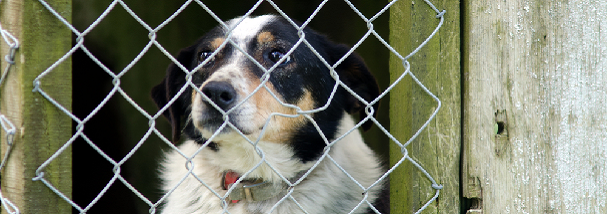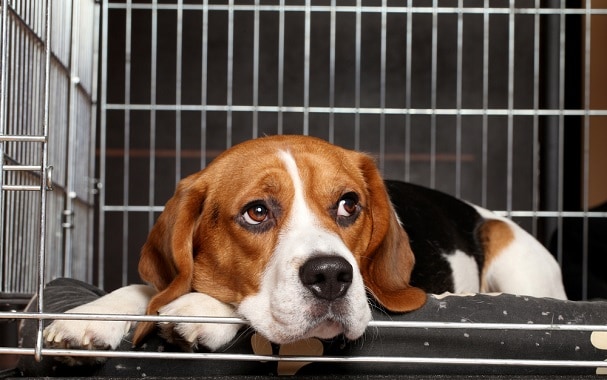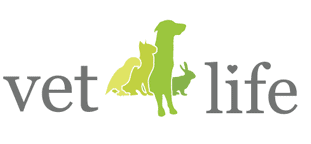Are you going on holiday soon and will your dog be put into kennels? Does he or she need their kennel cough vaccine? Do be sure to make an appointment at Vet4life.
Kennel cough, or infectious tracheobronchitis, is a very contagious respiratory disease. It is transmitted by close contact with an infected dog and can be associated with kennels. Kennel cough can be caused by viruses and / or bacteria.

Kennel Cough causes
There are several infectious agents that can cause kennel cough, and normally more than one agent is involved at the same time. The viruses that have been associated with kennel cough are: Parainfluenza virus, and the bacterium that is most commonly isolated is Bordetella bronchiseptica.
Both viruses and bacteria are spread in the air by the infected dog coughing or sneezing , that is why in areas where there are large amounts of dogs in one place like kennels it is most common for the dogs to catch kennel cough.
The infectious agents damage and irritate the lining of the wind pipe (trachea) and upper respiratory tract resulting in the dog to cough.
Kennel Cough symptoms
The primary sign to look out for is a deep hacking cough, which can sometimes lead on to retching, sneezing, snorting, gagging or vomiting.
In some cases you may only notice your dog starting to cough after excitement or exercise.
You may also notice discharge coming from your dog's eyes or nose. Some dogs may get fever, and rarely kennel cough can progress to pneumonia.
Symptoms will start around 3 to 10 days - and can go on for up to 3 weeks!
How is Kennel Cough diagnosed?
Diagnosis is often based on the clinical signs and the history given by the owner, also if the dog is housed together with lots of other dogs that are all presenting similar signs,it makes the diagnosis of kennel cough more probable.
Kennel Cough treatment
There is no specific treatment for viruses involved in kennel cough, but antibiotics are most commonly used to treat the bacterial infections. Infected dogs should be rested and isolated from other dogs.
Other treatments are supportive, which may or my not be appropriate - it always depends on the individual case.
Preventing Kennel Cough
The best way to prevent kennel cough is through kennel cough vaccination. This vaccine is available from your vet; it is a very quick and painless procedure for your dog, just a simple spray that is squirted up your dog's nose.
The kennel cough vaccination is given once a year, but should not be given at the same time as their annual booster.
If you're going on holiday, it's important that your dog is vaccinated against kennel cough. Often kennels will not accept your dog if it has not had a kennel cough vaccination. Prepare in advance as the vaccination should be given well before your dog is going into kennels.
Are you concerned your dog may have caught kennel cough, perhaps he or she is coughing, gagging or sneezing, or there might be discharge in their eyes or nose? Please get in touch on either 020 8977 3955 or 01932 229900 as soon as possible.



